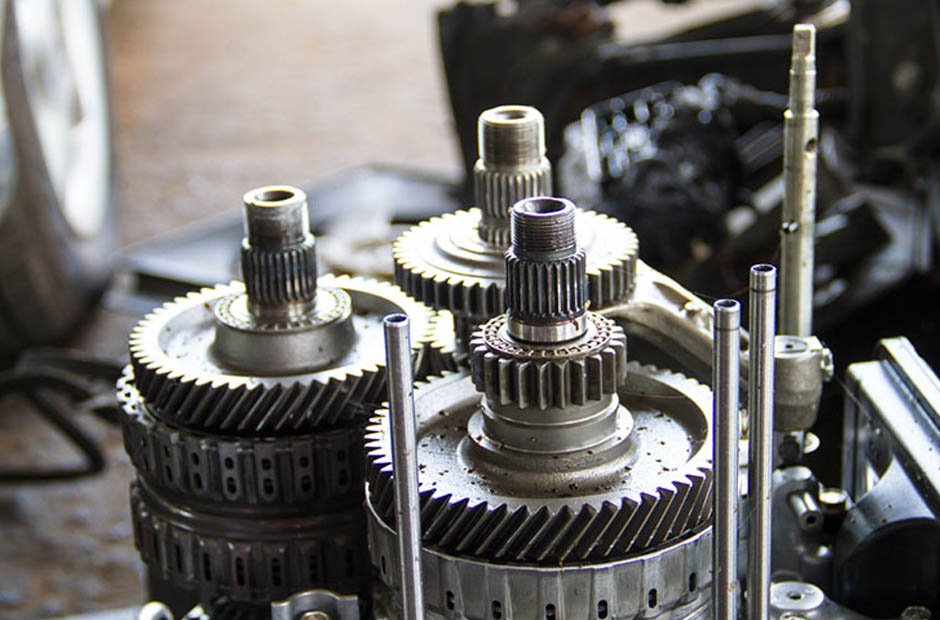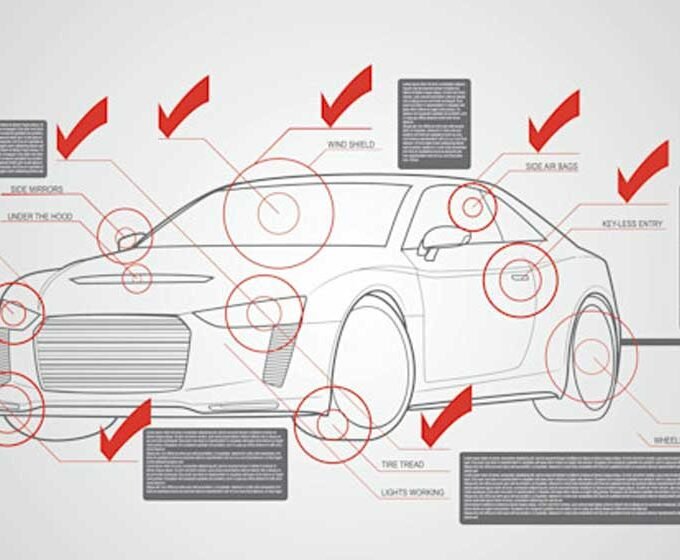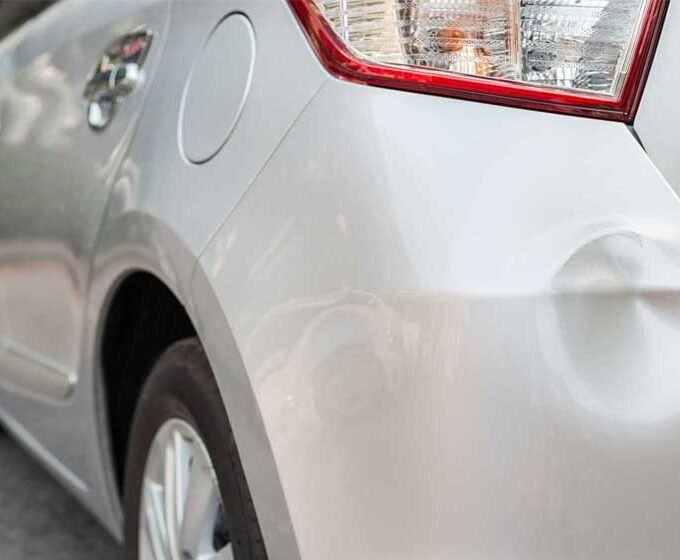In the world of car maintenance and restoration, the trend of buying pre-loved car parts is on the rise. This sustainable practice not only saves money but also gives new life to high-quality components that still have plenty of mileage left. However, when it comes to essential parts like transmissions, it’s crucial to make informed decisions. Here, we’ll explore the key factors you need to consider to ensure you’re getting a reliable pre-loved transmission for your vehicle.
Understanding Your Vehicle’s Needs
Before jumping into the market for a pre-loved transmission, it’s important to understand the role of this vital component. The transmission is responsible for transferring power from the engine to the wheels, enabling your car to move efficiently. If you notice signs like delayed shifting, unusual noises, or slipping gears, it might be time to replace your transmission.
Quality Over Price Why It Matters
While it can be tempting to opt for the cheapest option available, compromising on quality can lead to more significant issues down the road. Low-quality or counterfeit parts may initially save you money but often result in poor performance and costly repairs. When assessing the quality of a used transmission, look for:
- Visual inspection for any signs of wear or damage.
- Testing for smooth shifting and proper operation.
- Verification of the brand and model to avoid counterfeit parts.
Compatibility and Fitment
Ensuring the transmission, especially a used BMW transmission, is compatible with your vehicle model is critical. A transmission that doesn’t fit correctly can cause a myriad of issues, from simple performance problems to significant mechanical failures. Here are some tips to ensure the right fitment.:
- Check the vehicle’s make, model, and year.
- Consult the vehicle’s manual or a professional mechanic for compatibility advice.
- Use online resources to cross-reference part numbers and specifications.
Mileage and Maintenance History
The mileage of a pre-loved transmission significantly impacts its remaining lifespan. A unit with higher mileage may have more wear and tear, potentially leading to future problems. Additionally, the maintenance history is crucial. A well-maintained transmission is likely to perform better and last longer. Always ask for:
- Records of regular maintenance and servicing.
- Information on any previous repairs or replacements.
- Details about the conditions in which the vehicle was driven.
Where to Buy Trusted Sources and Pitfalls to Avoid
Finding a reliable source for used transmissions is essential to avoid scams and low-quality parts. Trusted sources include:
- Reputable salvage yards with good reviews.
- Certified dealerships that offer used parts.
- Online marketplaces with verified sellers and buyer protection policies.
Be wary of deals that seem too good to be true, unverified sellers, and listings without detailed information or images.
DIY Installation vs Professional Installation
Deciding whether to install the transmission yourself or hire a professional depends on your mechanical skills and the complexity of the job. Here are the pros and cons of each approach:
DIY Installation
Pros
- Cost savings on labor.
- Personal satisfaction from completing the work yourself.
Cons
- Risk of incorrect installation if you’re not experienced.
- Potential safety and legal issues if the installation isn’t done properly.
Professional Installation
Pros
- Assurance of a correct and safe installation.
- Saves time and effort.
Cons
- Higher cost due to labor charges.
Conclusion
Buying a pre-loved transmission can be a smart and economical choice for car enthusiasts and DIY mechanics. By considering factors like quality, compatibility, mileage, and trusted sources, you can ensure you’re making an informed decision. Whether you choose a DIY installation or professional help, remember that a well-chosen transmission can significantly enhance your vehicle’s performance and longevity.
















